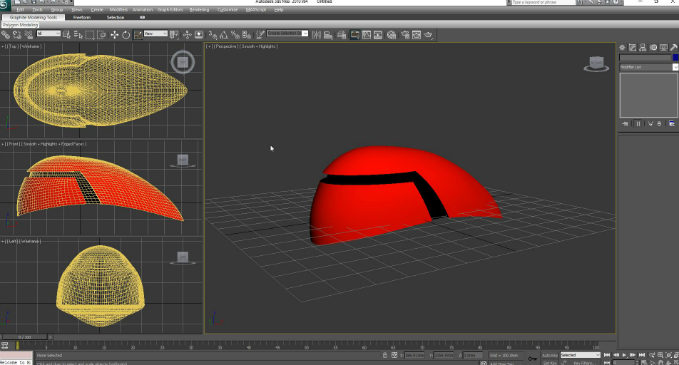Since joining the Cambridge Maths team nearly two years ago I have, of necessity, remained mostly on the periphery of their main project of developing the Framework. Believing myself to be a non-mathematician, my dormant interest in maths has nevertheless been awakened by the lively discussions going on around me every day, and the environment in which I am now steeped has prompted me to ask the question “What is mathematics?” My search for the answer has unearthed some interesting ideas which I’d like to share.
The first place I turned to for an answers was, of course, the other members of the Cambridge Maths team. In her blog on mathematics and ethics Lucy Rycroft-Smith says that mathematics is “the language of pattern, measurement and logical rules”. Now the idea of mathematics being a language resonates with me, evoking the memory of a statement that mathematicians the world over – and potentially from other worlds as well – can communicate and understand each other through this “metalanguage par excellence”.
Former team member Vinay Kathotia also addressed this question, likening mathematics to an ever-expanding beast. In a later blog on the role of paradox in mathematics, he stated that “mathematics is the art of interpreting, quantifying, and working with error and uncertainty”. This gave me pause – I had never thought of maths as an art before. I have marvelled at the art produced by mathematics – for instance, the boundless beauty of fractals or the complexity of my son’s computer-designed creations

– but to think of mathematics itself as an art, and especially as an art which deals with error and uncertainty was beyond my imagining. Hadn’t I always been taught that maths was certain, more like a science based on logic and facts, and that errors were wrong, resulting in red crosses all over my exercise book?
Moving on to a computer search the inevitable Wikipedia provided the less-than-helpful (although no doubt accurate) “Mathematics has no generally accepted definition”, before looking at a variety of suggested definitions ranging from Aristotle (“the science of quantity”), though abstract and philosophical definitions (“symbolic logic”; “carrying out mental constructions”; “the examination of the properties and interactions of idealized objects”), to humorous or even poetical definitions (“the art of giving the same name to different things” – there’s that word art again; “Mostly, it's just different.”).
A more thorough online search however led me to these wonderful words by Dr Liaqat Khan, Professor in Mathematics at Quaid-i-Azam University, Islamabad: “Mathematics is … concerned with … using imagination, intuition and reasoning to find new ideas and to solve puzzling problems” (Khan, 2015). Whilst his use of the qualifiers “concerned with” mean this is not a definition per se, the overarching vision he expresses is inspiring and excitingly inclusive. If we accept this statement, then we are all born mathematicians; we are inherently mathematical beings whose defining human characteristics (as opposed to those we share with other animals) are those which also make us mathematical, and I can no longer claim to be a non-mathematician.
What is more, neither can anyone else. Just over two weeks ago the UK celebrated the first annual National Numeracy Day with the message that “We are all numbers people”. National Numeracy, the organisation behind the day, has developed online tools to help everyone achieve what they have defined as the essentials of numeracy – Cambridge Maths is proud to have been involved in consultations on this.
But more importantly, no-one should be viewed by others as a non-mathematician, especially by those whose aim is to teach mathematics. If mathematics is a language, an art, a science, a philosophy, as well as innate, and if it embraces those very human traits of error and uncertainty, then learning mathematics should be delightful for all of the budding linguists, artists, scientists, philosophers and yes, even career mathematicians in each classroom. The challenge, of course, is finding ways of nurturing this delight – the imagination and intuition as well as the reasoning – within the constraints of a set curriculum, and I will explore this further in future blogs.
For now, perhaps a good place to start (and to end this blog) is with another quotation from Khan, this time expanding on a famous saying of Plutarch’s: “Teaching is not a matter of pouring knowledge from one mind into another as one pours water from one glass into another. It is more like one candle igniting another. Each candle burns with its own fuel.”
Reference: Khan, L A (2015). ‘What is Mathematics – an Overview’ in International Journal of Mathematics and Computational Science, Vol. 1, No. 3, 2015, pp. 98-101 (PDF Free Download)